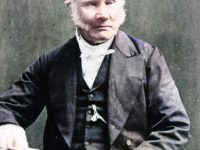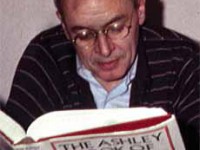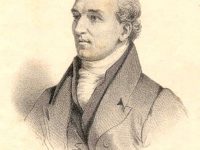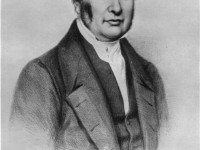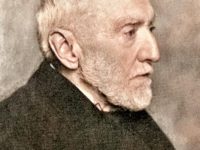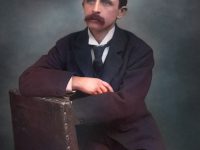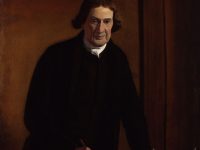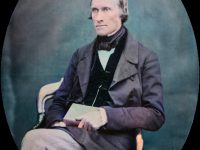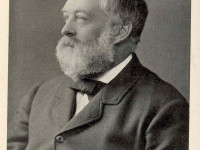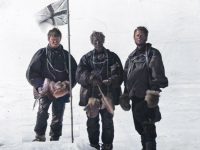Robert Stirling and the Stirling Engine
On October 25, 1790, Scottish clergyman Reverend Dr Robert Stirling was born. Stirling is best known for his invention of the Stirling engine, a heat engine that operates by cyclic compression and expansion of air or other gas (the working fluid) at different temperatures, such that there is a net conversion of heat energy to mechanical work. Robert Stirling Youth and Education Robert Stirling was born at Cloag Farm near Methven, Perthshire,…
Read more

